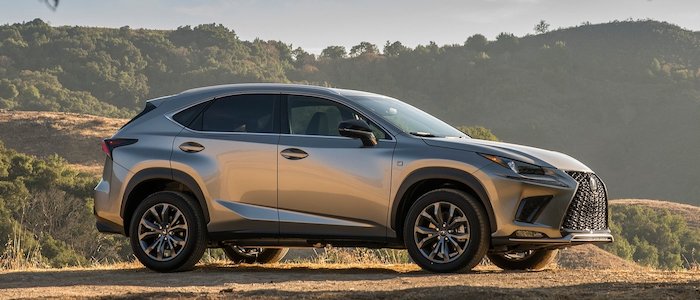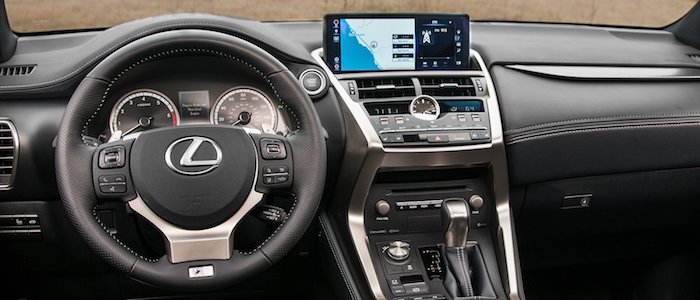Compare two cars
Compare any two cars and get our Virtual Adviser™ opinion
Dimensons & Outlines
Check vehicle history
Engine
1.6 M270 DE16 AL LP
Performance (manual gearbox)
Performance (automatic gearbox)
Expenses
Virtual Adviser's™ opinion
Well, these are two pretty similar cars we have here! It's only details that could potentially make the difference. Considering they both belong to the suv segment and utilize the same 5-door suv body style and the front wheel drive system, it all comes up to the specific petrol engine choice they offer. The first one has a Mercedes Benz-engineered powertrain under the hood, a 4-cylinder, 16-valves 122hp unit, while the other one gets its power and torque from a 4-cylinder, 16-valves 245hp engine designed by Toyota.
SafetyBoth vehicles got tested by European New Car Assessment Programme (Euro NCAP), with the same number of safety stars gained in the process. That aside, let's consider some other aspects which affect safety. Both vehicles belong to the suv segment, which is generally a very good thing safety-wise, but that fact doesn't break the tie between the two cars. On the other hand, when it comes to weight, a factor that most people underestimate, the Japanese car offers a potentially life-saving difference of 35% more metal.
ReliabilityManufacturers have been building their reliability reputation for decades now and, generally speaking, it appears that Lexus as a brand displays somewhat better results, at least on all of the models level. These are the official statistics, while our visitors describe reliability of Mercedes Benz with an average rating of 4.3, and models under the Lexus badge with 4.9 out of 5. Unfortunatelly, I don't have enough insight that would allow me to comment in more details on the specific models level. Above it all, drivers of cars with the same engine as the German car rank it on average as 4.6, while the one under the competitor's bonnet gets 5.0 out of 5.
Performance & Fuel economyLexus is undoubtly more agile, reaching 100km/h in 1.6 seconds less than its competitor. In addition to that it accelerates all the way to 200 kilometers per hour, exactly the same as the other car does. When it comes to fuel economy the winner has to be the German car, averaging around 6 liters of fuel per 100 kilometers (47 mpg), in combined cycle. We can't ignore that 28% difference compared to the Japanese car.
Verdict
Lexus appears just a bit more reliable, although the difference is truly marginal. The most important thing when deciding between any two vehicles should always be safety, both passive and active. In my opinion, everything taken into account, the Japanese car offers much better overall protection, which launches it ahead of the other contender. It all continues in the same direction, with Lexus being considerably quicker, thus putting more smile on driver's face. It does come at a cost though, and that's the fuel consumption... No mistake, whatever you decide here, but I'd still go for the Lexus. In any case that's my personal view, built upon all the data available to me. What should decide here though is the way you feel about the two vehicles, and I hope you'll find my guidelines useful in the process. Also, you could use the oportunity to find out which car, everything taken into account, would be the perfect choice for you in the eyes of the virtual adviser™, among more than 12.000 different ones in our database.
































